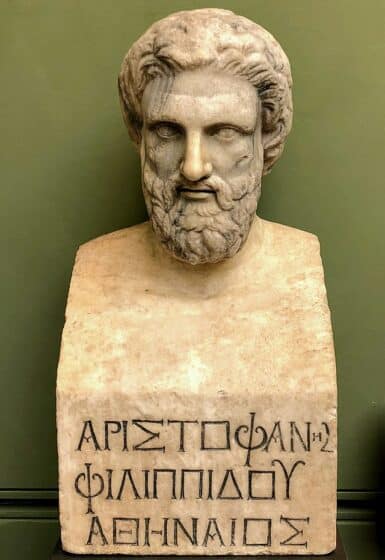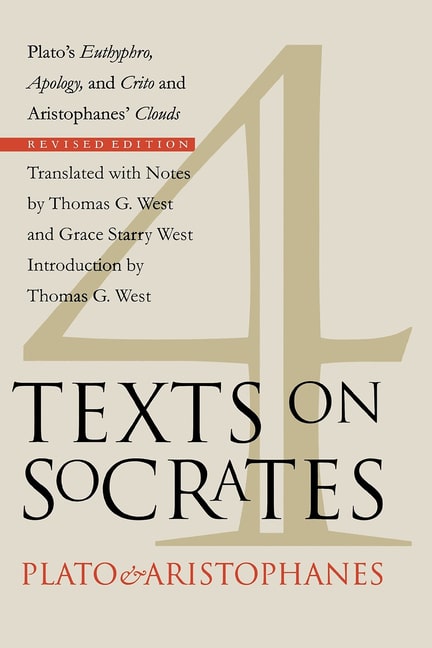Showing the single result

About Aristophanes
Aristophanes, often known as the Father of Comedy, was an acclaimed playwright of ancient Greece, revered for his timeless satirical plays. Born in Athens circa 450 BC during the classical period of ancient Greece, Aristophanes’ life coincided with the era of the Peloponnesian War. Undeniably, this significant social and political occurrence played an influential role in shaping the satirical edge of his works. As the mastermind behind at least forty plays, only eleven of which have survived to the present day, his craft paved the way for the genre of comedy in literature.
Aristophanes’ unique flair and wit, combined with a profoundly insightful understanding of social, political, and cultural issues, make his plays an invaluable treasure trove of information about ancient Greek society. Among his most well-known works are “The Frogs,” “The Birds,” and “Lysistrata,” each offering thoughtful commentary on the human condition, particularly in context with war and peace, democracy, and societal norms. Utilizing humor and parody extensively, Aristophanes skillfully created authentic, compelling narratives that critiqued Athenian society and administration.
Despite the passage of over two millennia since Aristophanes’ era, his plays continue to hold relevance, celebrated for their timeless satire, complex symbolism, and candid exploration of human nature. Aristophanes, with his innovative, courageous, and influential writing, truly earned his place as one of the most prominent figures in the pantheon of literary history. His legacy persists as a testament to the power of comedy in providing potent social critique, enlightening and engaging audiences across the ages.
